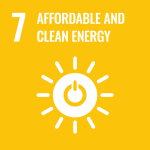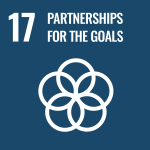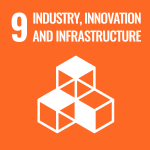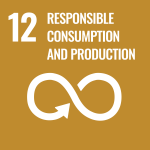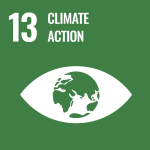Scaling up renewable hydrogen production with an innovative membrane
Hydrogen may be the fuel of the future. According to the European Union’s “Hydrogen Roadmap,” almost one fourth of the EU’s energy needs could be covered by hydrogen by 2050. Today, hydrogen is primarily used to produce chemical products like fertilisers. 96% of this hydrogen is currently produced through fossil fuels in a process that emits CO2. Then why does the EU see such potential for using hydrogen to go climate neutral by 2050? Renewable hydrogen is the answer. This is hydrogen which is obtained through renewable energy. Replacing hydrogen with its climate-friendly version will allow the chemical industry to reduce its CO2 emissions significantly.
Large amounts of renewable hydrogen will be needed to create a sustainable economic system. Evonik is working together with partners from the entire hydrogen value chain to make the process of obtaining climate-friendly hydrogen competitive.
Renewable hydrogen is obtained by using electricity generated from renewable resources to decompose water into oxygen and hydrogen gas. This is also known as electrolysis. The central component of the electrolyser, which has a major influence on efficiency and reliability, is an ion-conducting membrane. Evonik has developed a novel membrane, made from a polymer that functions as a separator and a filter. It only allows through certain ions so that the electrolysis can take place and the hydrogen is formed. At the same time the membrane separates the formed oxygen and hydrogen gas.
This innovative membrane is recyclable, and shows great competitive potential because far less expensive materials can be used – there is no need to use precious metals – which reduces investment costs. Other attributes of this electrolysis platform are high current density, very good efficiency, and high flexibility.
In a three-year project, a consortium of partners from industry and research organisations will plan, construct, and test the electrolysis system based on the new membranes from Evonik. The CHANNEL project is sponsored by the European Union’s Horizon 2020 research programme.
